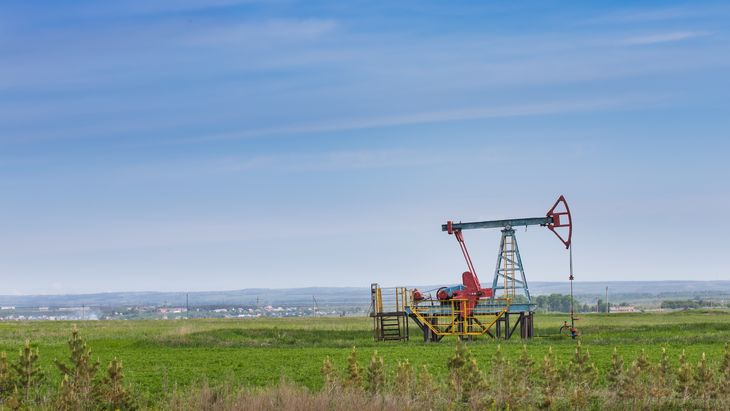Total tax contributions paid by the oil and gas sector to the consolidated state budget amounted to 29.8 billion lei in 2021 and 21.5 billion lei in the first half of 2022, representing 7.8% and 9.7% of total state revenues, respectively, shows a study released by Consilium Policy Advisors Group (CPAG), at the request and with the financial support of the Federation of Oil and Gas Employers (FPPG).
As a result of the increase in both quantities and prices, royalties and additional taxes paid by the oil and gas sector reached a record high in the first half of 2022. Together, they amounted to 8.1 billion lei, equivalent to 3.7% of total government revenue in the first half of 2022.
The oil and gas sector paid VAT and excise duties on fuels worth 17.6 billion lei in 2020 and 20.9 billion lei in 2021, equivalent to 19.2% and 18.4% respectively of the revenue collected by the state in VAT and excise duties.
A strategic role
In a commentary accompanying the study signed by CPAG, the FPPG Board states that “natural gas is arguably the most important energy source now, playing a significant role in maintaining the security of supply for most countries around the world”. „The popularity of natural gas as a fuel source is due to its clean burning characteristics, affordability, and versatility. Thus, the security of supply of natural gas is critical for ensuring the reliability and availability of the European economy. A secure natural gas supply provides predictability, consistency, and can meet the public and industrial demands of its users without disruptions. This can be achieved through a combination of factors such as a robust and flexible infrastructure, reliable supply sources, and many other aspects that are part of our constant dialogue with the authorities”, FPPG representatives continue.
FPPG hopes to see Romanian production increase in the coming years. “Through this industry, Romania has the potential and responsibility to make a greater impact in reshaping eastern European security in all its dimensions and improving the living standards of Romanians. This is mainly done through taxes from major contributors of this industry, which are a vital source of revenue for Romania, providing the resources necessary to fund public services, promote economic growth, reduce income inequality, pay for government debts, and foster social stability.”
Beyond the purely financial impact
How sustainable is this growing role of the oil and gas industry? In searching for the answer to this question, the data we find in the study cited are worrying. Investment in the oil and gas sector has been reduced amid the pandemic. Despite this, the sector invested 5.6 billion lei in 2020 and 4.4 billion lei in 2021, equivalent to 2.2% and 1.4% respectively of total investment in the economy. In the first 6 months of 2022, investments amounted to only 2.1 billion lei, the result of years characterized by uncertainty, when low raw material prices discouraged the initiation of new projects.
The effect of the pandemic is clearly visible in the sector’s workforce. Between January 2020 and January 2021, it has shrunk by 11% to 13,000 employees. The decline continued throughout 2021 and seems to have stabilized in the first half of 2022. Beyond that, the depth trend is along the same lines: between 2017 and 2022 the oil and gas extraction sector lost more than a third of its workforce.
On the ground, Romania’s gas production sector continues to decline at an accelerating pace. From 2008 to 2022, natural gas consumption decreased at an annual rate of 1.7%, the result of several factors, including increased energy efficiency, changes in the structure of the economy and high taxation. Production declined almost steadily over the same period, reaching its lowest level since 2008 in 2022. At the same time, the import dependency ratio approached 30% in 2021, after falling to only 1.8% in 2015. All hopes are pinned on offshore gas production in the Black Sea, after the adoption of the Offshore Law in May 2022 marked an important step to start the necessary investments to extract natural gas from proven reservoirs such as those in the Neptune Deep perimeter.
